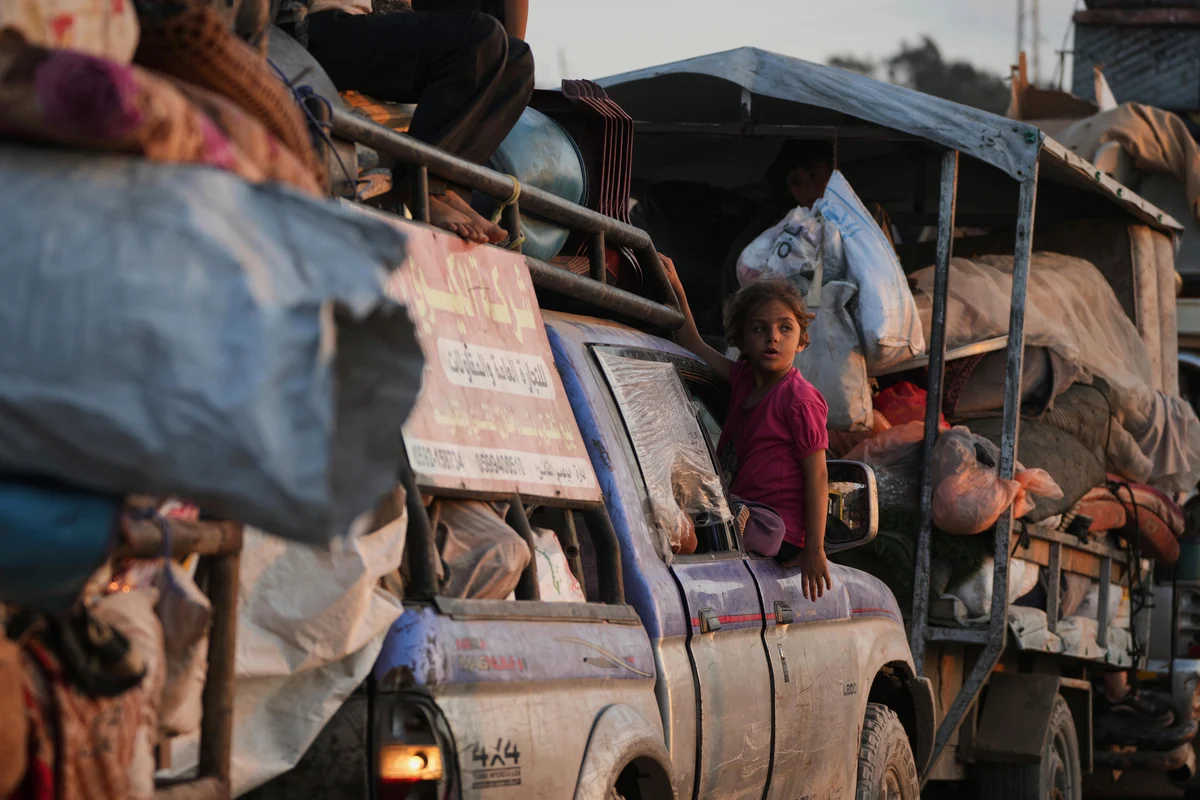By Pride Mkono
Copyright nehandaradio

By Nqobizitha Mlambo and Pride Mkono (this is the first of a two-part series)
Taxes and Social Services
We strongly argue, and progressive concept literature shows, that taxation lies at the heart of the social contract between citizens and the government.
In principle, taxes are not merely instruments for raising revenue, they also embody state legitimacy, redistribute wealth, and shape the developmental trajectory of a country.
Scholars and practitioners often frame taxation in terms of the “5Rs of Tax”: Revenue, Redistribution, Representation, Repricing, and Reorganisation of the economy.
Through revenue, governments finance essential public goods and services; through redistribution, they reduce inequality; through representation, taxation builds accountability by linking citizens to government decision-making; through repricing, taxes can discourage harmful activities (such as pollution or excessive consumption of unhealthy goods); and through reorganisation, tax systems can help restructure economies toward inclusive and sustainable growth.
In Zimbabwe, however, taxation presents a paradox. While the system is expected to mobilise resources for health, education, infrastructure, and social protection, in practice it has often deepened economic injustice and becomes a buffet for political elites and their cronies.
Instead of functioning as a tool for equitable development, the tax system has become a yoke on the poor and marginalised through regressive consumption and presumptive taxes.
On the other hand powerful elites and corporations exploit loopholes, enjoy tax incentives, or evade obligations.
This imbalance is cause for widespread discontent, questions legitimacy of the state’s actions, and project taxation as an instrument of exploitation rather than a foundation for shared prosperity and public service.
The effects are visible in everyday life: low income earners, the poor and working-class families face a labyrinth of taxes on basic goods and services. This is on the back of collapsed public health, education, transport and housing among other services.
For example, we note that the country has a deficit of 2953 schools, and social service delivery is collapsing.
The Zimbabwe Revenue Authority (ZIMRA) has consistently expanded indirect taxes such as Value Added Tax (VAT), excise duties, and informal sector presumptive taxes, which disproportionately affect the poor.
Shockingly, high-net-worth individuals and politically connected corporations continue to enjoy exemptions or engage in illicit financial flows that drain public coffers.
This contradiction raises a fundamental question that should be interrogated: How does Zimbabwe’s tax system impact poor households, and what alternatives exist for more just and equitable taxation?
Our commitment is to situate the debates on tax justice, inequality, and development on the arc of social justice and a developmental state. In this 2 part series, we argue that meaningful reform is necessary to realign the tax system with its true purpose – financing social services, redistributing wealth, and strengthening the social contract.
Colonial legacy of taxation in Zimbabwe
Colonial taxation radically and racially changed the tribute system of African societies in administration and form. Even its functions changed as it became a tool that transferred wealth from the poor indigenous people to sustain the elites who were the white colonial masters.
The system became a tool of extraction, consequently breeding mass resentment. Indigenous people were coerced to pay high taxes to the white colonisers, including through forced labour.
Colonial regimes enacted oppressive laws to coerce black people to pay taxes. These included the Cattle tax, Dog tax and Hut Tax which was introduced in the 1890s and was doubled in 1904.
Thus the tax structure inherited from the colonial system was not for developmental purposes but as a financial tool for primitive accumulation for a few whites and impoverishment of the black majority.
Resultantly, the regime raised nearly half of its revenue from personal and corporate income taxes that were collected on a pay-as-you-earn system. Since 1966, about two-fifths of the government’s revenue came from customs and excise duties and sales taxes, a small portion from investments, and much of the rest from government borrowing.
These taxes served two functions. First to raise revenue for the settler state and second to force Africans into wage labour on white-owned farms and mines, thereby securing cheap labour for the colonial economy.
The tax burden thus entrenched racialised capital accumulation resulting in inequality and diverting resources away from African communities while subsidising settler privileges.
Importantly, this legacy established the pattern of tax as coercion rather than mutual obligation, a perception that continues to shape citizen–state relations in Zimbabwe today.
Post-independence and burden on the poor
After independence in 1980, expectations were high that taxation would be restructured to finance inclusive development and redistribute resources. This era saw the government using residual taxes from the colonial era to rightly push social justice.
Taxation in this period should be understood in the context of a new government that was not well familiar with taxation systems and a corporate sector dominated by whites who were adept at evading and avoiding tax.
The system was relatively regressive as the new government failed to redress some of the rigidities in the tax structures. The first decade witnessed the scraping of oppressive tax laws such as the Dog Tax and the Hut Tax.
With the government’s policies to redress colonial imbalances in the economy, more blacks were now able to find jobs regardless of colour. The implication of this was a wider tax base.
Recurrence of droughts forced the government to tax more on the citizens so as to cover up revenue losses due to reduced agricultural activities.
Sales taxes on the staple items of food and fuel for the poorest people were removed and extended to travel, hotel accommodation, taxis, telecommunications, and other services.
Some of the former taxes of the white government continued for example the former rates of personal income tax.
While some progress was made through the expansion of social services in the early years, the structural adjustment programmes of the 1990s shifted fiscal policy toward austerity and revenue maximisation.
As corporate and high-income tax rates were lowered to attract investment, the state increasingly turned to indirect taxes such as Value Added Tax (VAT), excise duties, and user fees.
These taxes are regressive by nature. Economic data show that they take up a larger share of income from poor households compared to wealthier ones. In Zimbabwe, the poor spend most of their income on basic goods like food, transport, and fuel, all heavily taxed.
Meanwhile, the informal sector, where most Zimbabweans survive, is subject to presumptive taxes and levies despite lacking social protection or formal recognition.
The result is a system where those least able to pay shoulder the heaviest burden, while elites and corporations exploit loopholes, benefit from tax incentives, or avoid taxes through illicit financial flows.
Fairness and progressivity
A just tax system rests on progressivity and fairness, ensuring that those with greater capacity contribute more. In Zimbabwe, however, fairness is undermined by regressive tax structures and selective enforcement.
The Tax Justice framework highlights that equity, efficiency, and accountability are key principles of a fair tax system, yet Zimbabwe consistently falls short. Instead of progressive personal income or wealth taxes, the state relies heavily on consumption-based taxes, deepening inequality.
Moreover, corporations and politically connected elites often secure tax holidays, exemptions, and preferential treatment, eroding the revenue base while ordinary citizens are “taxed to death.”
This imbalance perpetuates injustice: the wealthy pay less relative to their means, while low-income households subsidize state revenues without seeing improvements in services.
In the next instalment we will continue our submission by looking at tax and debt servicing, critically analyse Mthuli Ncube’s ESAP 2.0, look at impact of all these taxes on ordinary citizens and give thoughts on how we can collectively resist.
Nqobizitha Mlambo is National Coordinator of the Fight Inequality Alliance Zimbabwe, economic justice activist, vlogger and an International Development, Politics and Governance expert. He writes here in his own capacity and can be contacted on [email protected]. Pride Mkono is a global development practitioner, political analyst and social justice advocate. He writes here in his own capacity and can be contacted on: [email protected].



